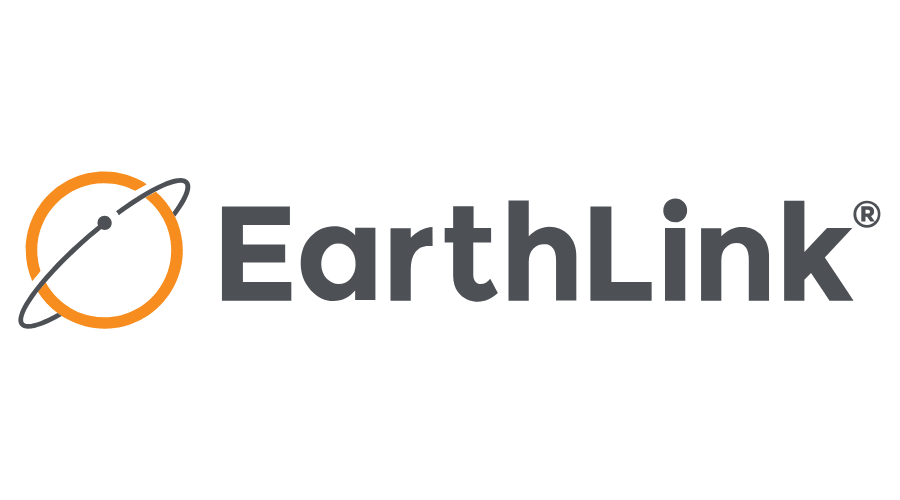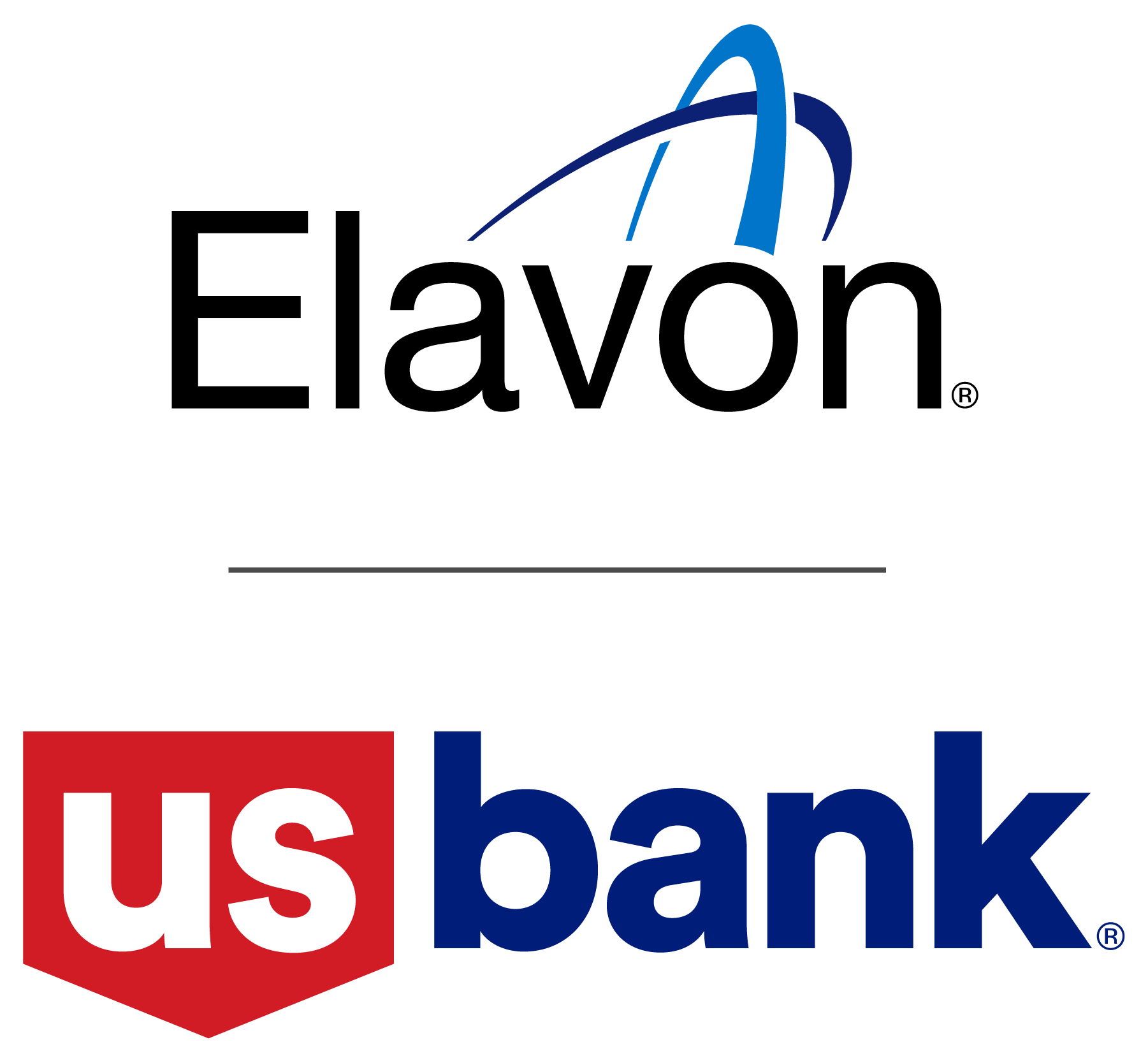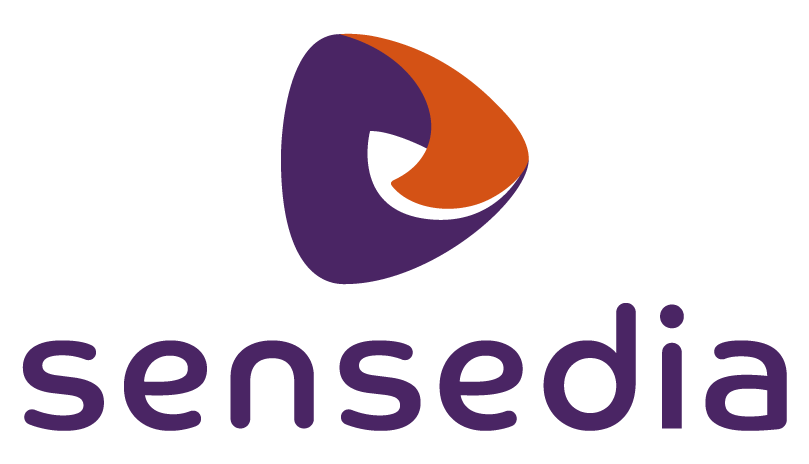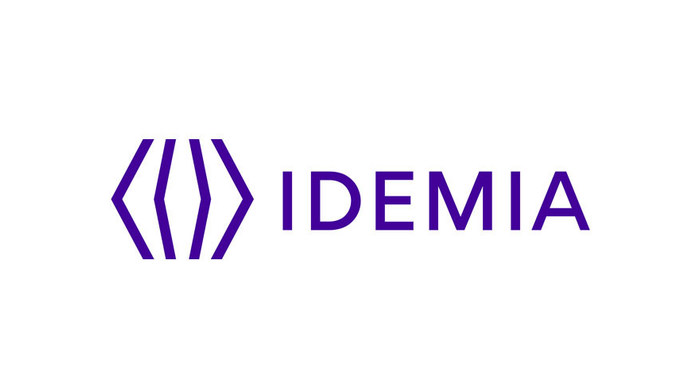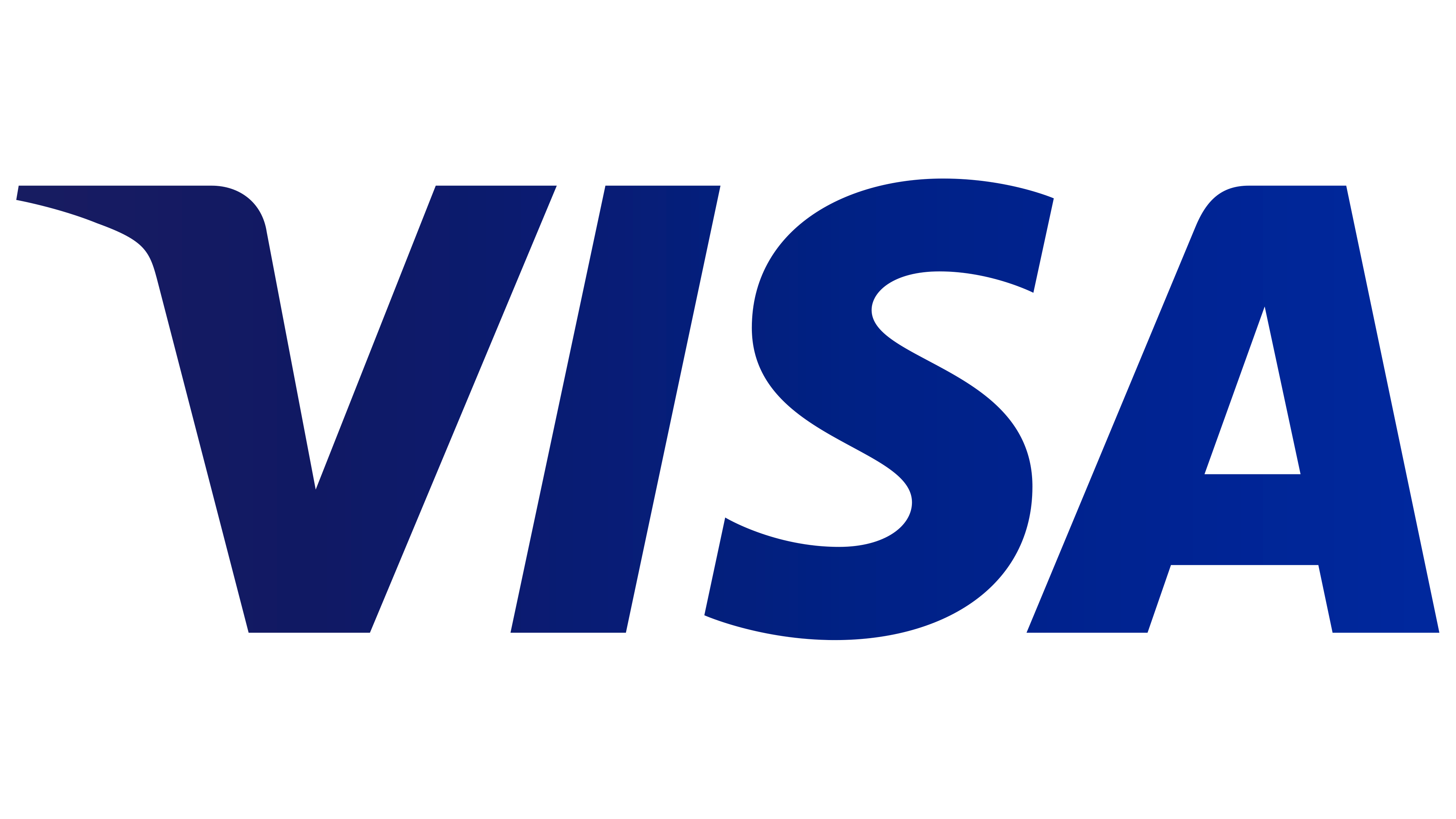We had a fantastic panel and moderator join us for our March 17th event, TAG Digital Health Society Presents – Improving Access to Behavioral Healthcare: A Discussion Around Technology-Enabled Behavioral Health.
We learned so much during this event and highlighted the emerging themes below. It is important to ensure we are thinking about our mental health in the same way we think about our physical/medical health. With the added pressures of the pandemic and the increased adoption of digital solutions, there is a lot of hope for progress! Please be sure to review our discussion points, resources, and learn about our panel and moderator! Also, attached is a copy of the slides for reference. We hope you can join us for the next TAG DH event.
Emerging themes from the discussion:
- Better engagement is critical to improving behavioral health; techniques like people-centered design with a recovery focus can help yield solutions that people will want to use
- More focus is needed on ensuring evidence-based treatments are embedded in the rapidly growing number of digital behavioral health innovations
- Digital innovation has created unprecedented, immediate access to peer support, with invaluable benefits to both the recipient and the peer specialist
- Data collection and ongoing assessment should be central to any digital behavioral health tool or system to enable continuous improvement and evidence-based, high-quality care
- Value-based care is crucial to aligning the incentives for the adoption of digital behavioral health tools
- Destigmatizing behavioral health needs to continue to be a priority in order for access challenges to be overcome and full scale to be achieved
For additional resources and articles on behavioral health:
- A new article and accompanying video – “Unlocking whole person care through behavioral health” and “The future of behavioral health”
- A new interactive tool, “Tracking US behavioral health service use during COVID-19” in partnership with McKinsey’s COVID Response Center (CRC), and an accompanying infographic, “Insights on utilization of behavioral health services in the context of COVID-19”
- The Effortless Assessment of Risk States (EARS) Tool: An Interpersonal Approach to Mobile Sensing
- Using Mobile Sensing Data to Assess Stress: Associations with Perceived and Lifetime Stress, Mental Health, Sleep and Inflammation
- Mental Health Trends and COVID-19
- Technology and the Future of Mental Health Treatment
- Mental Wellness and Technology: Rethinking the Relationship
About Our Speakers:
Nicholas Allen PhD is the Ann Swindells Professor of Clinical Psychology at the University of Oregon, and the Co-Founder and CEO of Ksana Health Inc., a digital mental health company. He is a leading researcher and clinician in the area of youth mental health, known especially for his work on the causes and treatment of adolescent onset depression.
Erica Hutchins Coe, leader of McKinsey & Company’s Center for Societal Benefit through Healthcare. Erica leads McKinsey’s ongoing efforts to invest in issues deeply relevant to society, such as social determinants of health, rural health, maternal health, and behavioral health—including improving care delivery for mental and substance use disorders.
Thomas Insel, M.D., a psychiatrist and neuroscientist, has been a national leader in mental health research, policy, and technology. From 2002-2015, Dr. Insel served as Director of the National Institute of Mental Health (NIMH). Since May of 2019, he has been a special advisor to California Governor Gavin Newsom and Chair of the Board of the Steinberg Institute in Sacramento, California.
Dr. Josh Spitalnick is a Licensed Psychologist, an anxiety and OCD expert, and Board Certified (AABP) in Behavioral and Cognitive Psychology. He is the Clinical Director and Owner of Anxiety Specialists of Atlanta, an innovative outpatient practice specializing in Cognitive-Behavioral Therapy (CBT), evidence-based interventions, and exposure therapy for anxiety disorders.



